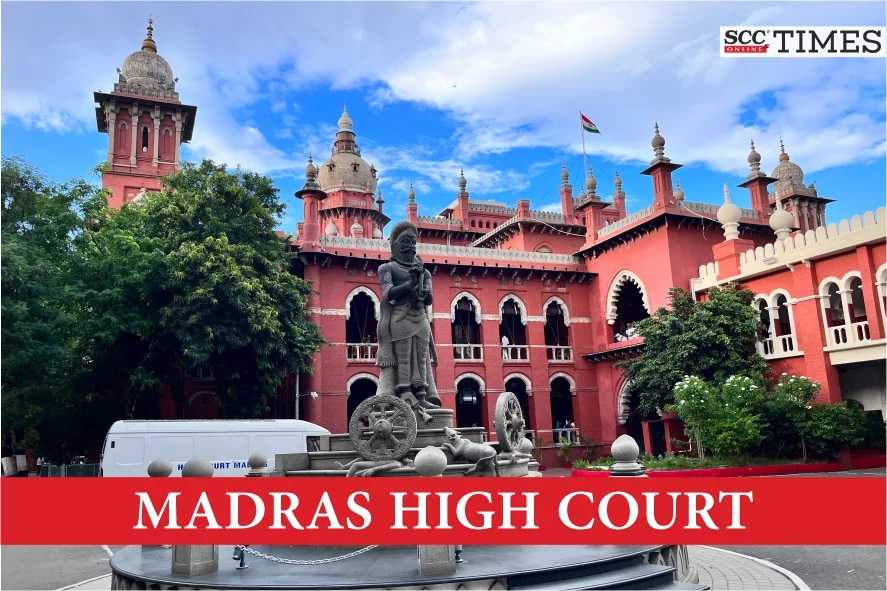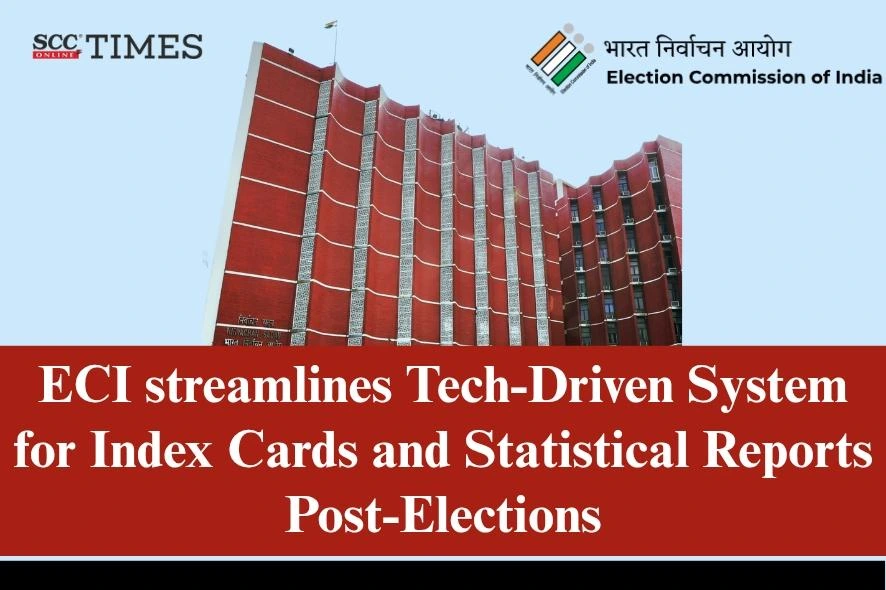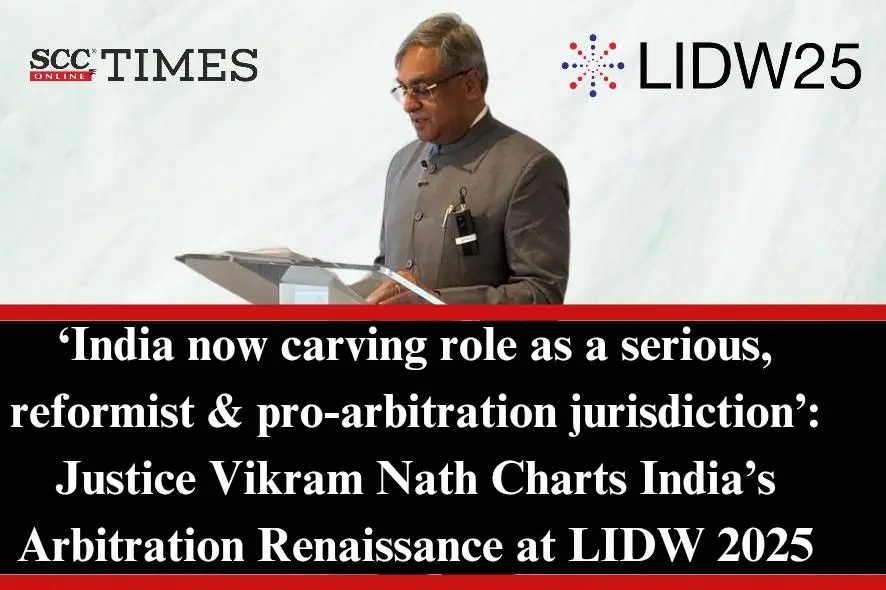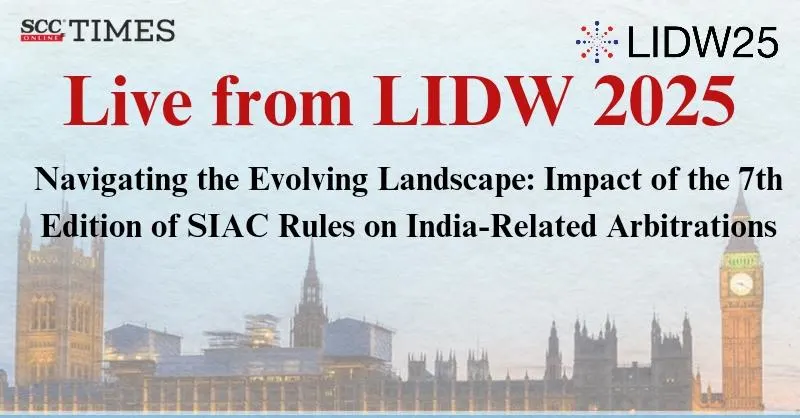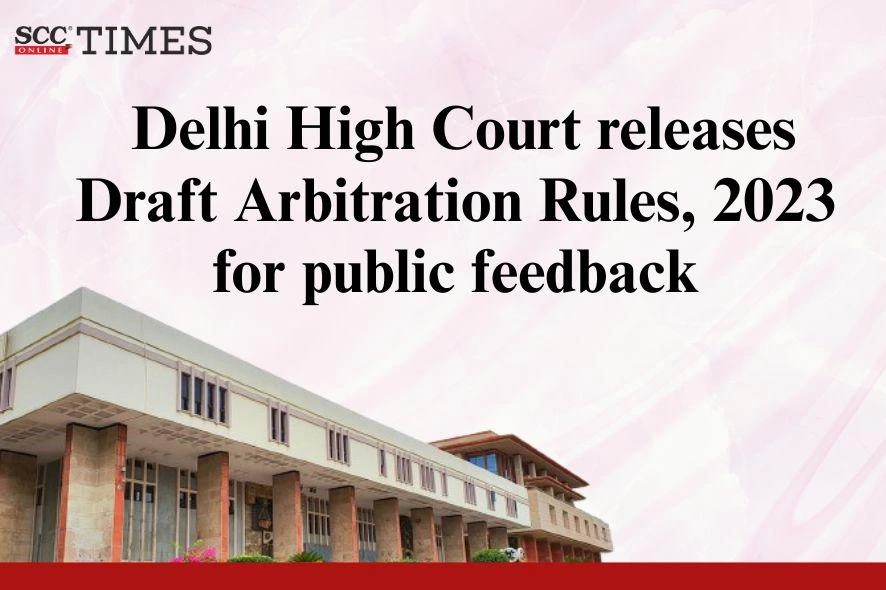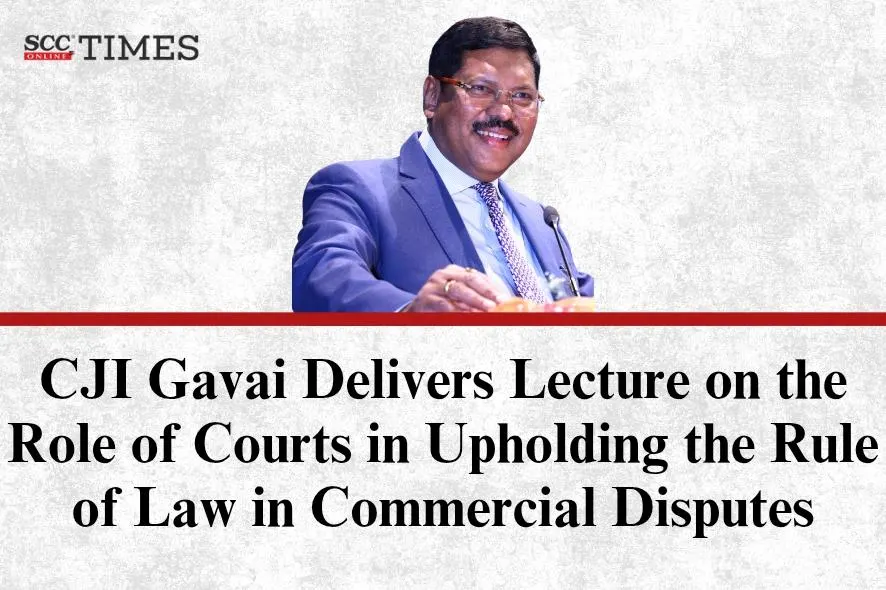Madras High Court: In a matter concerning the Havana syndrome inquiry, the division bench of S. M. Subramaniam* and K. Rajasekar, JJ. concluded that the appellant had not provided sufficient evidence to substantiate his claims, and the matter was beyond the jurisdiction of the Indian judiciary.
The appellant has filed the writ petition seeking a direction to the Union of India to conduct an inquiry into the Havana Syndrome in India and take measures to prevent any high-frequency microwave radiations from entering the country’s territory, to provide compensation of Rs. 60 lakhs for the loss of the restaurant business allegedly caused by the Society Gathering Module used by the Military Intelligence and Defence Space Agency with the assistance of civil authorities and recommend to the Central Government the enactment of an Artificial Intelligence law aimed at safeguarding the citizens of India.
The appellant submitted that he is an ex-serviceman who had been running a restaurant but sustained significant losses. The petitioner stated that, due to the high-frequency microwave radiation allegedly used by the Defence Space Agency against him, he had been experiencing various health issues. He further contended that he had been suffering from Havana Syndrome for several years and could feel the impact of unknown high-frequency microwave radiation across his body. Specifically, he described sensations such as radiations affecting his spinal area, eyes, tongue, and nose, along with electric shocks on his teeth, radiations impacting his brain, headaches, chills, itching, unusual body smells, heating sensations caused by infrared rays, and severe body aches.
The Court noted that the appellant had failed to produce any medical records to establish the reactions he claimed to be experiencing in his body. While the appellant asserted that he was a target of high-frequency microwave radiation, he did not provide any concrete evidence to substantiate these claims, nor did he identify those allegedly targeting him. The Court found that the appellant’s statements regarding the potential of an unknown technology were purely hypothetical and lacked sufficient evidence to support his allegations.
The Court also noted that the appellant referred to the use of Havana Technology, initially used against U.S. diplomats, and attached The Harvard Gazette as evidence. However, the Court pointed out that the Gazette itself stated that intelligence agencies were unable to determine the cause of the incidents, and that a 2018 FBI report suggested the conditions of the victims were likely psychologically driven, due to stress. Additionally, the Court highlighted that the incidents mentioned by the appellant occurred outside the territorial jurisdiction of India, falling beyond the scope of this Court.
After considering these factors, the Court agreed with the Single Judge’s opinion that the appellant had failed to establish any grounds for the relief sought. Consequently, the writ appeal was dismissed, with no order as to costs.
[Boopalan B v. Union of India, 2025 SCC OnLine Mad 1765, decided on 19-03-2025]
*Order by: Justice S.M. Subramaniam
Advocates who appeared in this case :
For Appellant: Mr.Boopalan.B (P-in-P)
For Respondents: Mr.T.L.Thirumalaisamy, Central Government Standing Counsel



